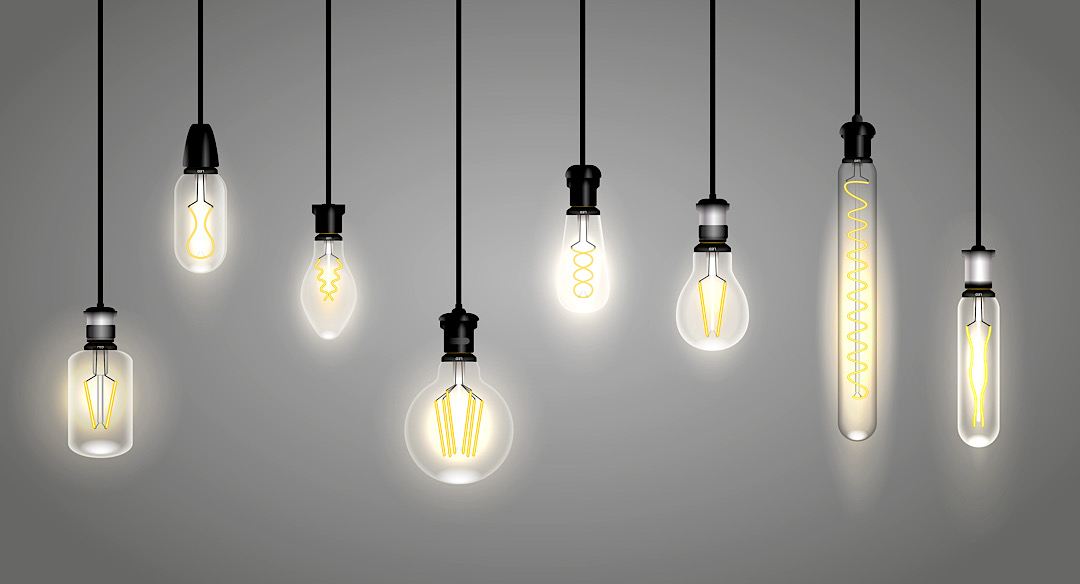Energy-Saving Tips for the New Year

With the arrival of the New Year, it’s an opportune time to reflect on our energy usage and explore strategies for reducing consumption. Energy efficiency is not just about saving money; it’s also about our contribution to a more sustainable environment. In this article, we’ll delve into practical energy-saving tips and methods that can be easily incorporated into daily life, focusing on electrical efficiency and general energy conservation measures suitable for a wide range of households.
Understanding Energy Efficiency
Before diving into specific tips, it’s crucial to understand what energy efficiency means. Simply put, it’s about using less energy to perform the same tasks, thereby eliminating energy waste. This can be achieved through various means, from upgrading to more efficient appliances to altering daily habits.
Upgrade to Energy-Efficient Appliances: Appliances account for a significant portion of household energy use. Upgrading to energy-efficient models can reduce energy consumption significantly. Look for appliances with the ENERGY STAR label, which indicates they meet energy efficiency guidelines set by the U.S. Environmental Protection Agency.
Optimize Heating and Cooling Systems: Heating and cooling can constitute nearly half of a typical home’s energy use. Regular maintenance of these systems and the use of programmable thermostats can lead to substantial energy savings.
Implement LED Lighting: LED bulbs use at least 75% less energy and last 25 times longer than traditional incandescent bulbs. Switching to LED lighting is one of the simplest and most effective ways to cut down on energy usage.
Reducing Energy Consumption in Daily Habits
Making small changes in daily habits can have a significant impact on energy consumption:
Unplug Electronics When Not in Use: Many electronic devices and chargers consume energy even when not in active use, a phenomenon known as “vampire power.” Unplugging these devices or using power strips can help reduce this wastage.
Utilize Natural Light: Whenever possible, rely on natural light during the day. This reduces the need for artificial lighting and can also help in heating the home naturally.
Mindful Use of Water Heating: Water heating is a considerable energy consumer. Taking shorter showers, washing clothes in cold water, and fixing any leaks can lead to significant energy savings.
Long-term Energy-Saving Investments
Some energy-saving measures require an initial investment but pay off in the long run:
Insulation and Weatherproofing: Proper insulation and sealing of windows and doors can prevent heat loss, reducing the need for excessive heating or cooling.
Investing in Renewable Energy Sources: Installing solar panels or using green energy sources not only reduces energy bills but also supports sustainable energy practices.
Smart Home Technologies: Smart home devices like energy monitors and smart thermostats provide real-time insights into energy usage and automate energy-saving practices.
Embracing energy-saving strategies is a meaningful resolution for the New Year. By understanding and improving our energy efficiency, whether through simple daily habits or more significant investments, we can enjoy a more sustainable lifestyle while reducing our energy bills. Remember, every small action counts when it comes to energy conservation.
